Mother's RSV vaccine plea after baby's virus death
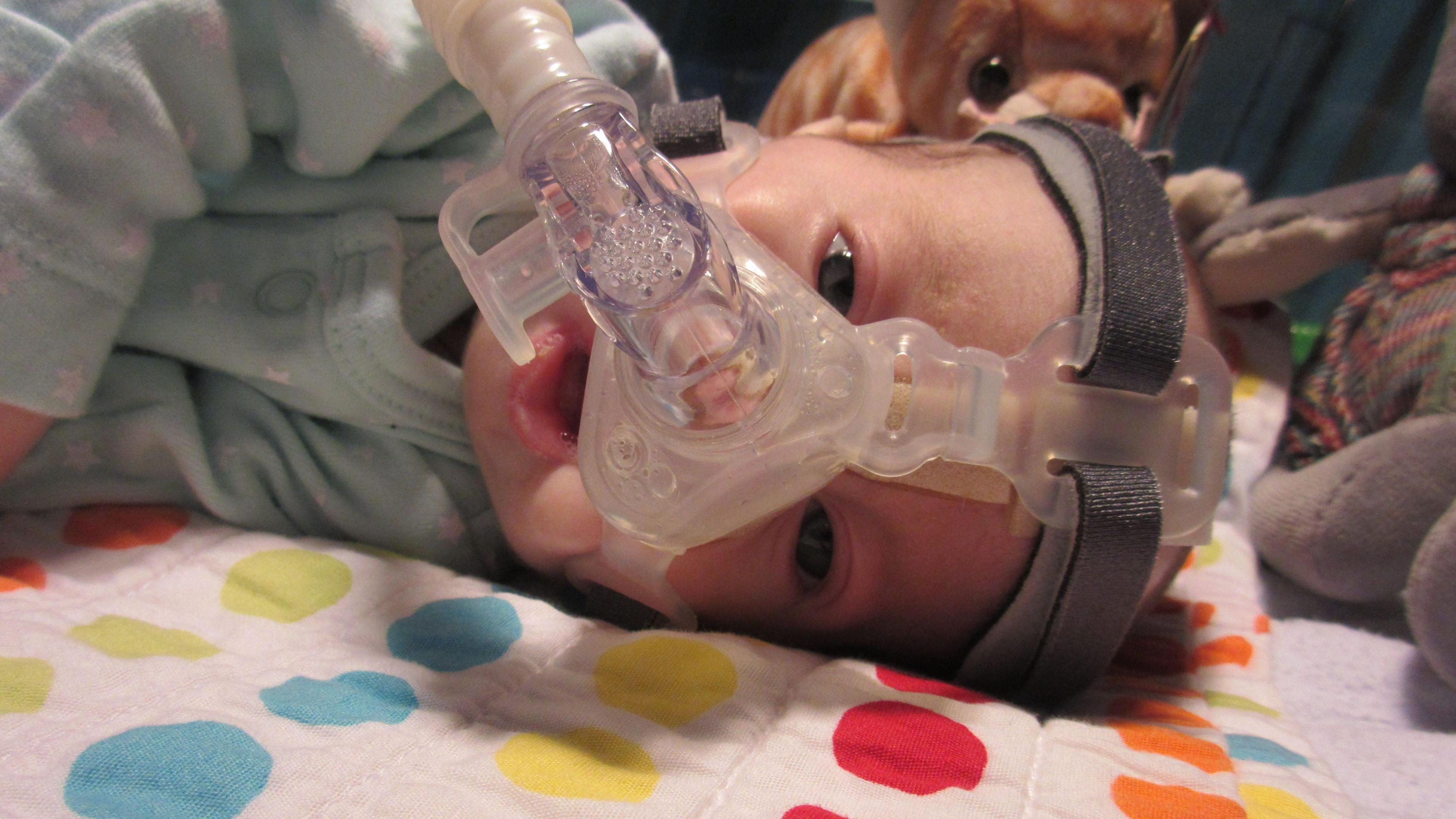
Rumer was born with a rare life-limiting condition, but died at three months of age after catching RSV, a common respiratory condition
- Published
A mother whose baby died after catching a common virus has said anyone who has spent time in intensive care over winter would "definitely take the RSV vaccine".
Three-month-old Rumer was born with a rare life-limiting condition, but died after catching respiratory syncytial virus (RSV), a common respiratory condition, in 2015.
From Monday, an RSV vaccine will be offered in Wales and England to pregnant women and any adults turning 75.
"The vaccine protects every baby but it saves the lives of babies who have significant underlying conditions," said Rumer's mum Helen Roper.
Winter virus jab rolled out for pregnant women and elderly
- Published2 September 2024
Mum urges pregnant women to take up RSV vaccine
- Published26 August 2024
First-time mum worried as maternity unit closes
- Published2 September 2024
Adults with RSV typically experience cold-like symptoms, but, during the autumn peak last year in Wales, more than 5,000 children under-five were hospitalised.
This is in addition to almost 1,400 adults over the age of 60.
"[Rumer] wasn't the only child with significant underlying conditions who died that season," said Mrs Roper, who lives in Newport, south Wales.
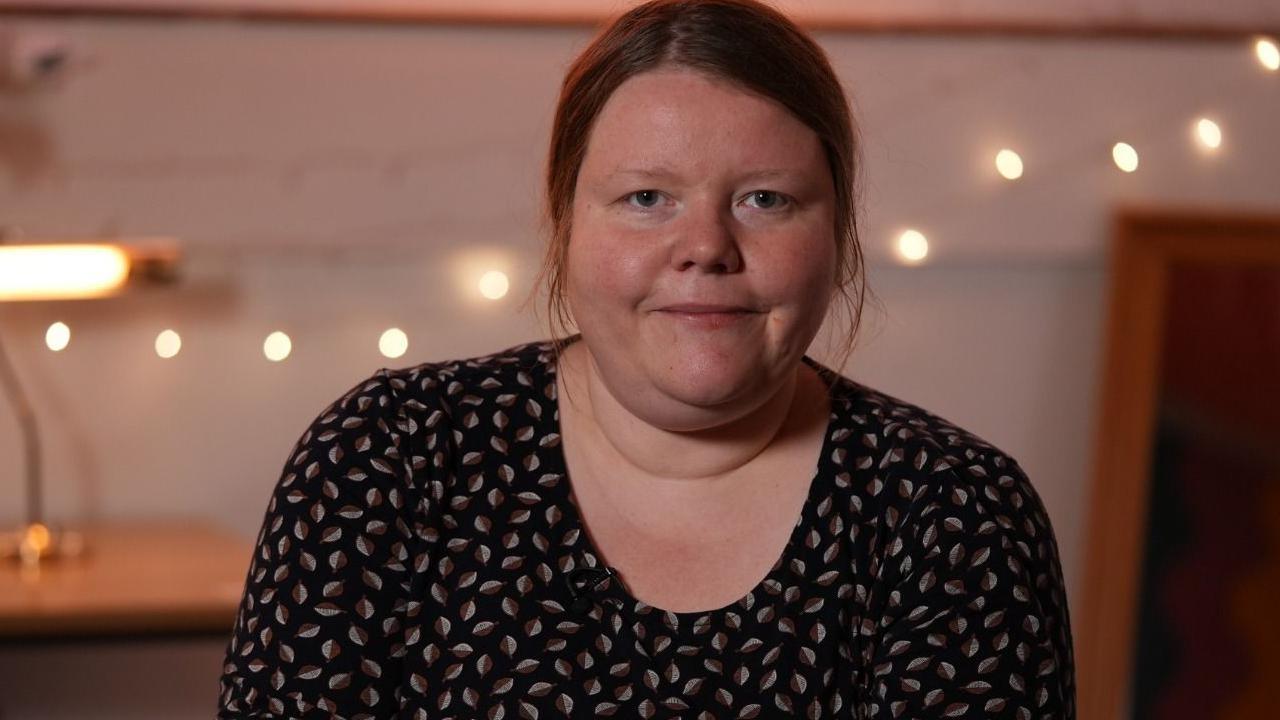
Helen Roper feels the RSV vaccine will save the lives of babies with underlying conditions, like her daughter Rumer, who died aged three months.
The 43 year-old community midwife was living in London at the time, before moving to Wales, where she also runs a baby feeding and support group for parents.
She said, for the children admitted to intensive care alongside Rumer, those with underlying conditions were generally in for about five days.
"Whereas for Rumer it was disastrous and catastrophic," she said.
"With already compromised lungs she probably wasn't going to live a long healthy life - but she might have lived a year.
"The vaccine protects every baby but it saves the lives of babies who have significant underlying conditions ."
She said of the babies with underlying conditions, to which RSV could be fatal, some "will have heart defects that are treatable and curable and would live long healthy lives".
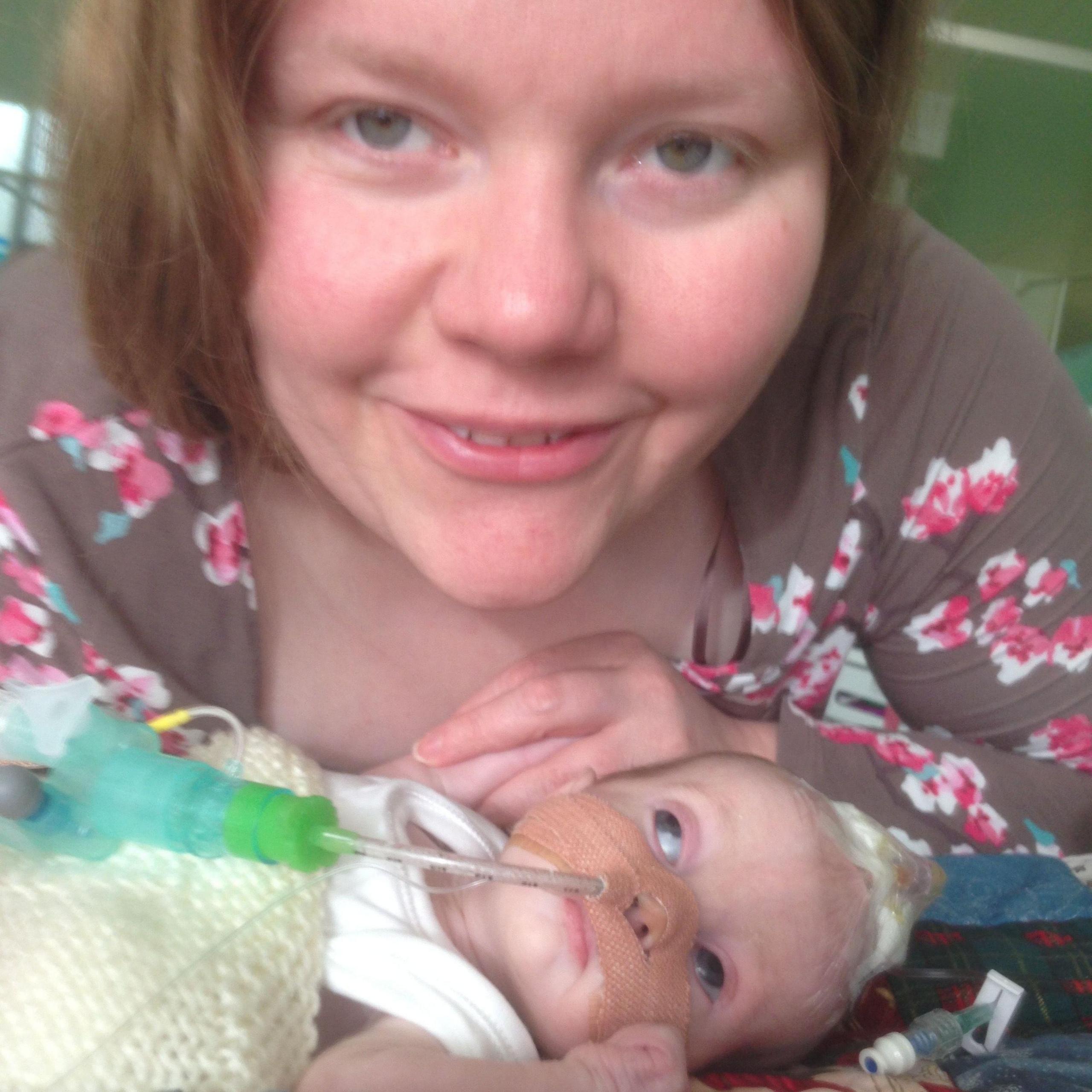
Helen said Rumer was born with the life-limiting Edwards' syndrome, also known as trisomy 18, but RSV meant she had even less time with her
The RSV vaccine will be the fourth offered during pregnancy, alongside whooping cough, flu and Covid-19. It will be offered to women from 28 weeks on.
Dr Huw Williams, a GP in Cardiff, said a huge amount of his time between October and February was taken up by RSV.
"My sister works in London as a paediatrician and says that's all she does for four months - so we're both very much looking forward to getting these jabs in arms so we see less of this illness," he said.
He has also seen first hand the impact it can have.
His 14-year-old son Gethin is fit and healthy now, but was admitted to hospital at 11 months old with RSV.
"He had what we thought was a pretty normal, standard toddler cold for about three or four days... we weren't overly worried," he said.
"Kids of his age, under one, get what feels like dozens of viral illnesses but it was a really quick deterioration."
Gethin ended up in hospital where he spent several days on oxygen.
Dr Williams explained typical symptoms include a runny nose, cough and temperature.
He said parents should seek medical attention if younger children are feeding less, not taking their normal volumes of milk, not having wet nappies or really struggling with their breathing.
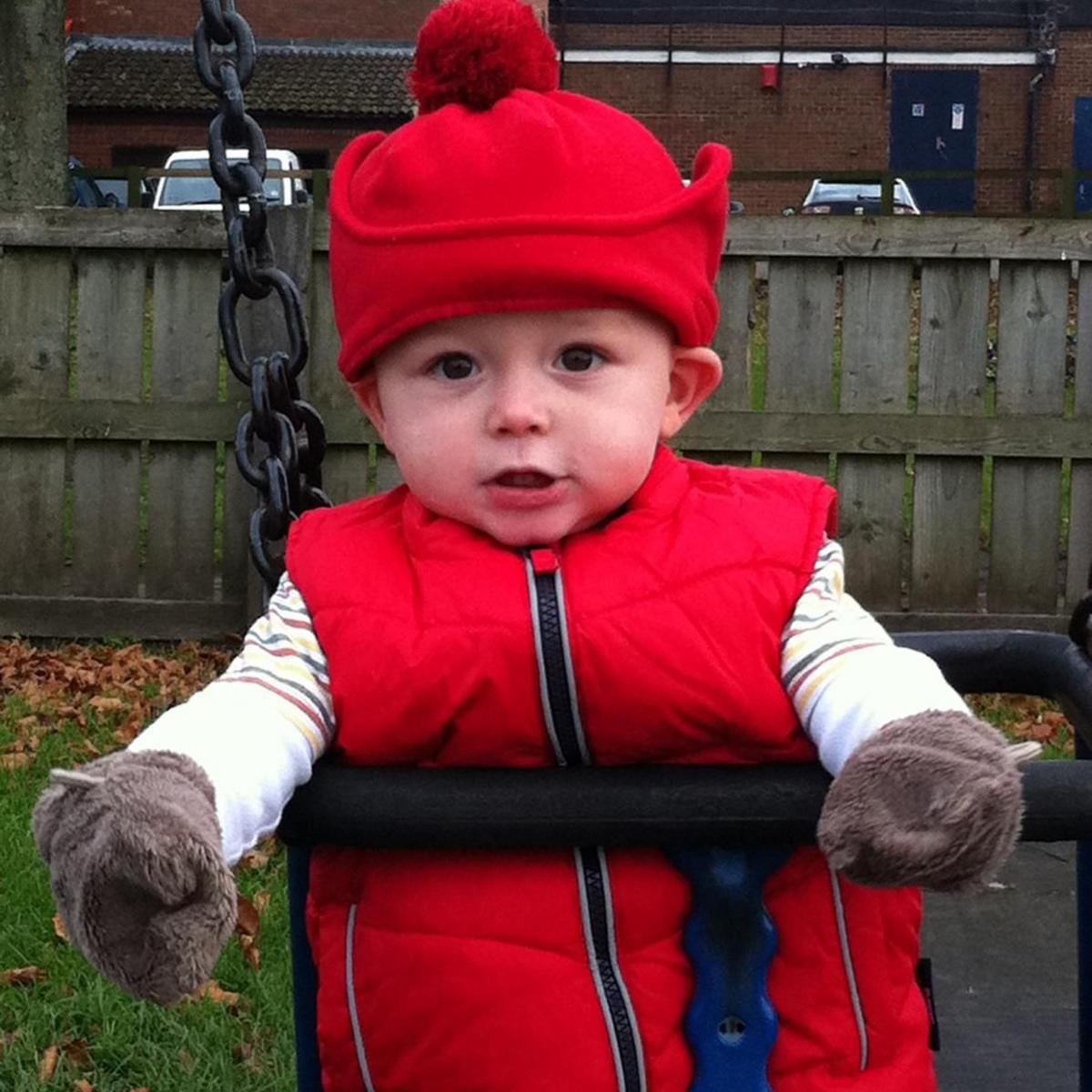
Gethin was 11 months old when he was hospitalised with RSV, but is now a healthy 14-year-old
What is RSV?
Public Health Wales describe Respiratory Syncytial Virus (RSV) as a contagious virus that circulates in autumn and early winter, infecting most children within the first two years of their life and frequently re-infecting older children and adults.
For most people, RSV infection causes a mild lower respiratory illness with cold-like symptoms, but babies under one year and the elderly are at greatest risk of a more severe infection which could lead to hospitalisation.
It causes between 400-600 deaths in older adults in Wales every year.
In Wales, between October and December 2023, 6,608 children under 5 were admitted to hospital with RSV.
Just under 70% of all RSV admissions were children under 5 and 1,962 adults aged over 60 were also admitted.
'Quite serious effects'
Chris Johnson, of Public Health Wales, said it is estimated that "around 400 adults over 75 every year in Wales will die of RSV".
"It can have quite serious effects including pneumonias and breathing difficulties in older adults," he said.
Cabinet Secretary for Health and Social Care, Mark Drakeford said: "RSV is very common and can pose a threat to our health, but many people in Wales have never heard of it.
"We've worked with the NHS to introduce this potentially life-saving vaccine ahead of the winter months when we traditionally see an increase in infections.
"This vaccine could help reduce the number of people who are admitted to hospital with serious illnesses caused by RSV and help ease some of the winter pressures experienced by the NHS."
Related topics
- Published2 September 2024
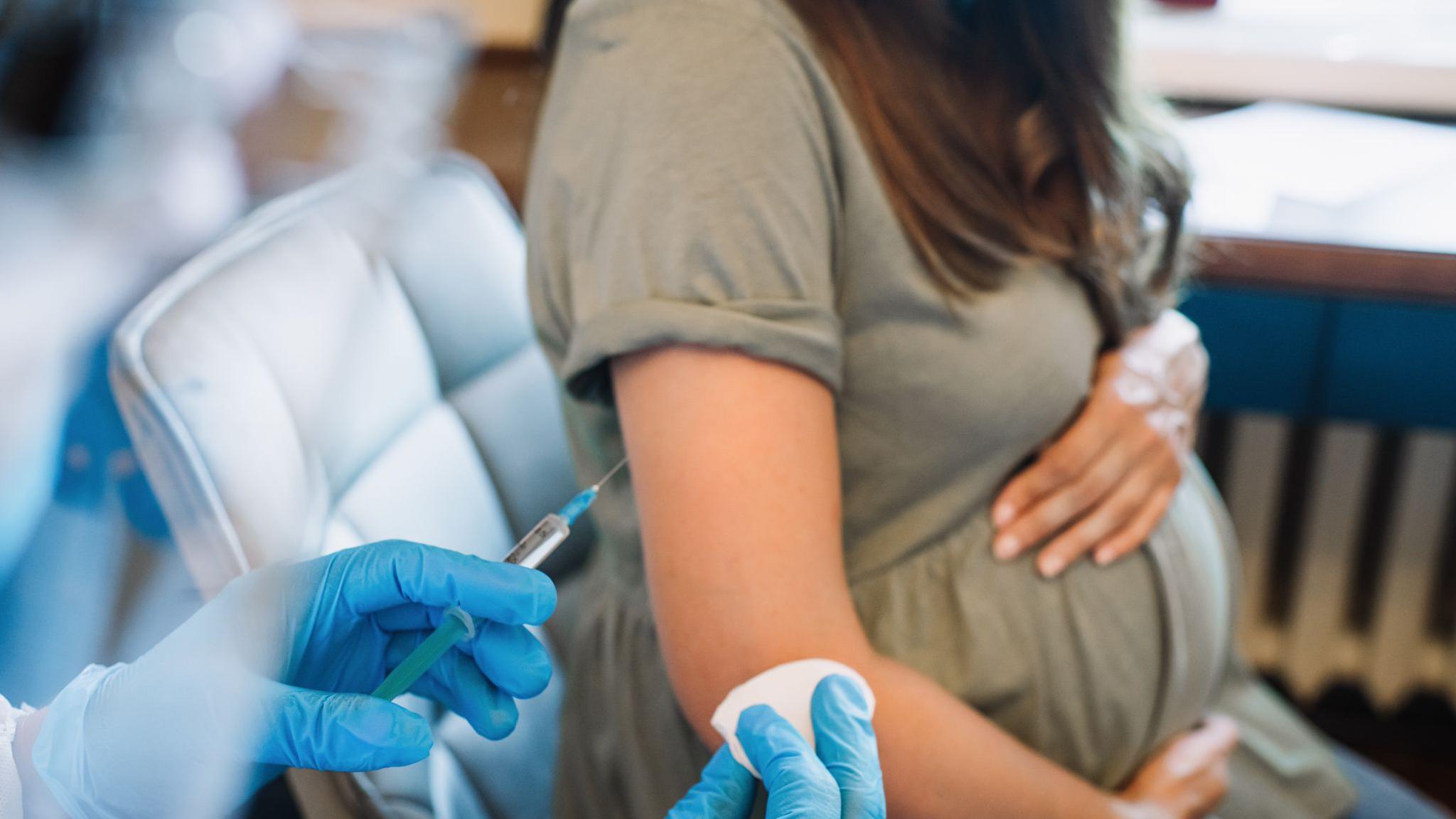
- Published10 July 2024
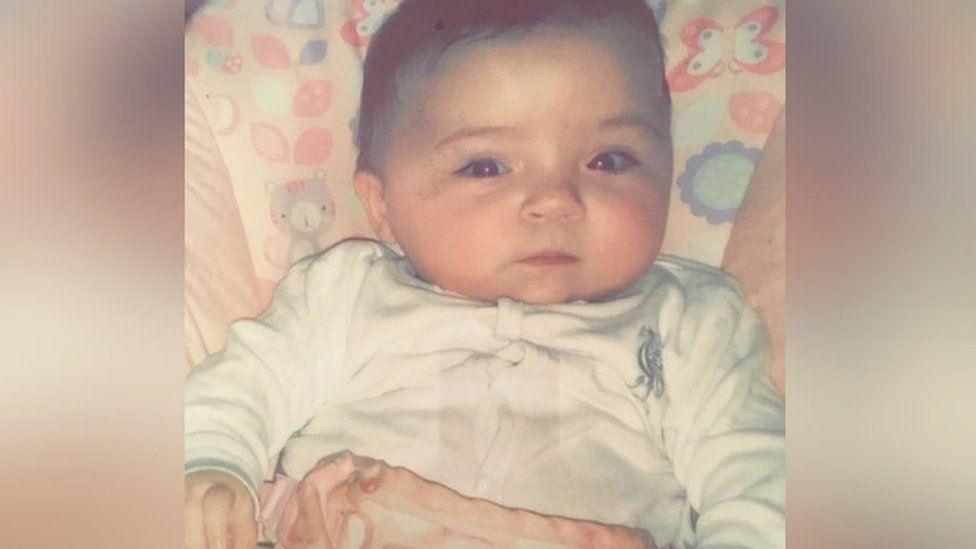
- Published20 June 2024
